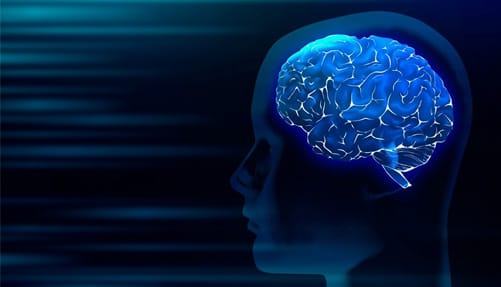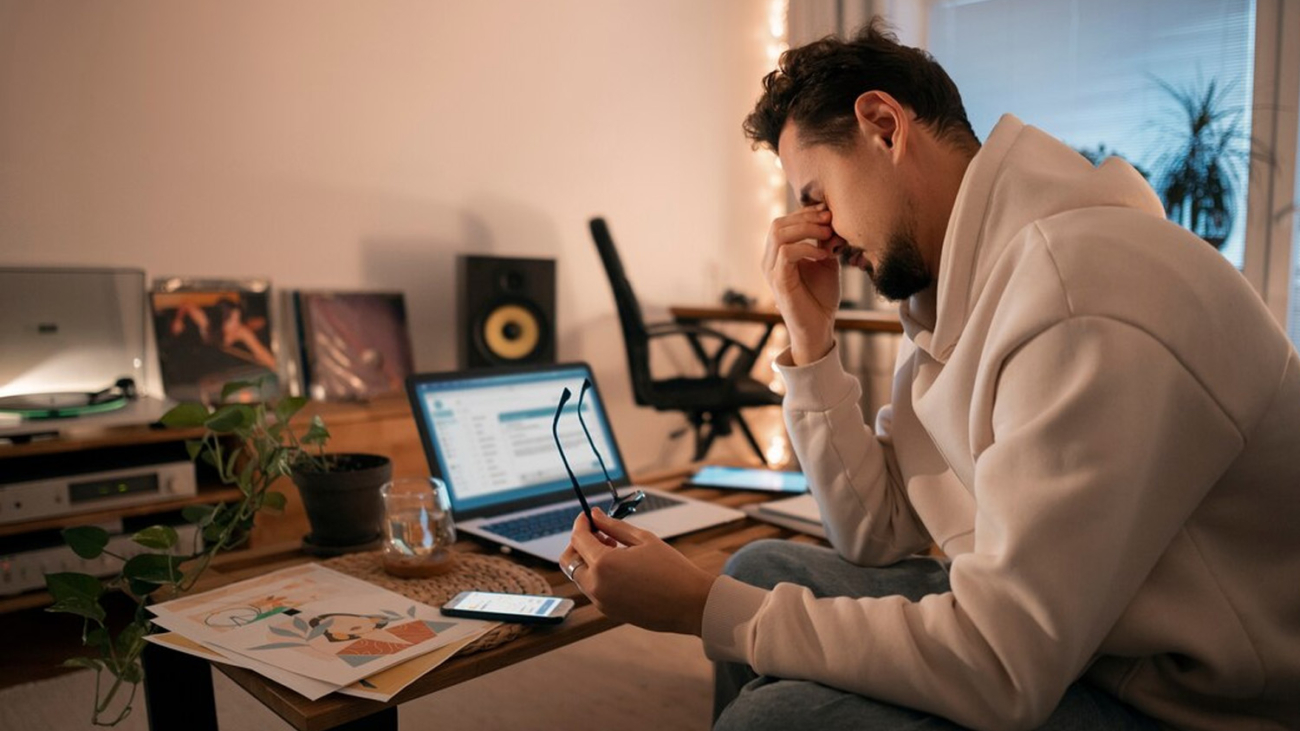If not, at some point in your practice, you’ve probably often questioned whether your efforts amount to much. Most of us have a problem getting things done, let alone in a home setting with many diversions. What if I told you that the problem is not just the noise around you or your list of tasks but something far more subtle – and dangerous? I think the substance in your mind killing your efficiency is something you never expected: dopamine.
What Is Dopamine and How Is It Sabotaging Your Productivity?
Dopamine is generally known as the “happiness” hormone. It’s a neurotransmitter that triggers the emotions people associate with pleasure and feeling rewarded. It is the feeling that you earn an extra coin or two in your pocket or scroll through your notifications and realize someone liked your post. As an uplifting hormone, dopamine is meant to make you happy, and who doesn’t want that, right? Well, dopamine is highly addictive, and if not used appropriately, it will scramble your concentration into oblivion as you know it.
Today, we are presented with many opportunities to take a quick shot of dopamine. With every look at a phone, swiping through Instagram, or responding to a notification, our brain releases this chemical, making us feel suitable for the moment. Or so it seems because, fortunately, or unfortunately, this rush has a downside. ‘It’s kind of like you’re always in pursuit of the next buzz,’ I said to myself one day when I found myself tearing through the notifications on my phone. “Dopamine then makes us invariable slaves of the things we love such as checking our phones, consuming content on the internet or the desire for likes.”
It takes considerable effort to remain dedicated to anything that is not an instantaneous solution for the problem—like long-term objectives or depth. ‘In the ‘dopamine dressing’ world, our brains go from one shiny thing to the next, so our eyes cannot fix themselves on anything of substance,’ one Twitter user wrote.
Dopamine Hijack Your Focus: How?

Dopamine’s capacity to seize our attention is among its most alarming side effects. The typical person can only remain concentrated for roughly forty seconds until something else grabs their attention. More time is needed to pass a sentence and complete anything significant. And you have just started a cycle of distraction when you give in to that need to check your phone or respond to a message.
The problem is that dopamine honors what sets off it. Your brain yearishes that dopamine surges the more you scroll, swipe, and click. “The more scrolling, clicking, and swiping feed the cycle,” I noted, and with time it gets difficult to break free from. These distractions drive away the actual job that calls for concentration and effort even while they provide quick gratification. “The actual stuff that matters, like long-term goals, gets pushed to the side because they don’t feel as good as the rush dopamine gives us.”
This is why you may feel you have been working nonstop after a hectic day yet have not produced anything. Dopamine-driven distractions leave you wondering what you have accomplished even while they make you feel busy. Many of us fall into this trap without even knowing it.
How Did I Come to See I Needed to Control My Attention?
Working from home has always been a personal difficulty controlling distractions. Les is the chairman and founding member of a collection of direct-to-consumer (DTC) companies. My day consists of managing a team, interacting with clients, and determining the strategic orientation for my companies. But even with my hectic schedule, I knew something wasn’t adding up—I wasn’t as efficient as I ought to be.
Searching “how to improve productivity” and viewing YouTube videos, I hoped for a short fix. Most of the advice I came across either wasted more of my time or unnecessarily complicated my already busy schedule. Then, something unanticipated occurred that turned things around: I was flying without phone service. Thousands of feet above ground, devoid of anything to keep me from focusing, I worked more than I had all day.
Later, I said, “The airplane noise was oddly soothing.” I suddenly became focused—something I hadn’t felt in a long time. Without my phone and distractions, I could focus on my work. At that instant, I understood how important the phone was in guiding me out of concentration.
Which easy fixes increased my output?
Unable to spend my life flying for concentration, I started looking for ways to replicate that distraction-free home atmosphere. I turned to YouTube and found movies with soothing, repetitious sounds like the noise I had heard on the plane. These movies soon became my preferred background noise for work since they kept me concentrated for longer.
Still, soothing noises alone couldn’t save me from losing output. I was looking for something more concrete. Thus, I made a small but significant purchase—a digital kitchen timer. Though it sounds basic, this small tool changed everything. Depending on the work, I set it for thirty minutes to an hour; throughout that period, it presented challenges. Should I let myself become sidetracked, I “lost” the game.
Though it was a fundamental mental trick, it worked. “I have swapped one dopamine hit for another… I am a brilliant genius!” I joked with myself. My mental game of competitiveness kept me on target, so the timer became essential for my output schedule.
How can a tangible to-do list help you to remain focused and productive?
Accepting the power of pen and paper was another essential step in recovering my concentration. I enjoy writing things down, so making a paper to-do list worked far more successfully than depending on computerized task managers. I would schedule my next day every night, timing chores according to their importance.
Since it’s tempting to overstate what can be done daily, I always allow some buffer time between activities. “Do the things that make the most money first,” a mentor advised me, and that was among the best pieces of advice I ever received. Thus, my list would begin with highly impactful chores aimed at income production, followed by lesser administrative chores. I kept my list to just five things, so manageable grammar helps one stay focused and manage screen time.
Although I should have concentrated on particular chores, I also had to regulate my surroundings, which kept diverting my mind. At that point, I discovered Opal, a screen-time management tool designed to prevent distracting websites and apps. The program allows me to choose the apps I wish to block and generates a session so I cannot access them for a predetermined period. Though it was a little ironic—an app meant to keep me from using apps—it worked miracles.
Opal played a significant role in managing distractions. It has changed my life since I was on the premium plan, and I could not stop a session once it started. My attention focus and distractions allowed me to finally delve deeply into the vital work.
How Can One Travel Continually toward Productivity?
Productivity gurus make it simple to believe that a flawless system can fix all their difficulties. However, every system needs to be fixed. Dopamine will always be there, calling you with benefits. It’s okay if you occasionally slip up and get sidetracked. “Managing our distractions is about becoming a better version of you; it is not about perfection.”
The road toward productivity is about finding what works for me and staying with it, not having ideal days. Therefore, the secret is constancy whether one uses a timer, notes assignments, or blocks distractions with an app. “It’s a journey rather than a destination.”
So, don’t worry if you feel as though dopamine subtly saps your time and future. Start by noting the distractions, creating reasonable objectives, and keeping to the fundamentals. And keep in mind: one step at a time, the fight for clarity is won.

